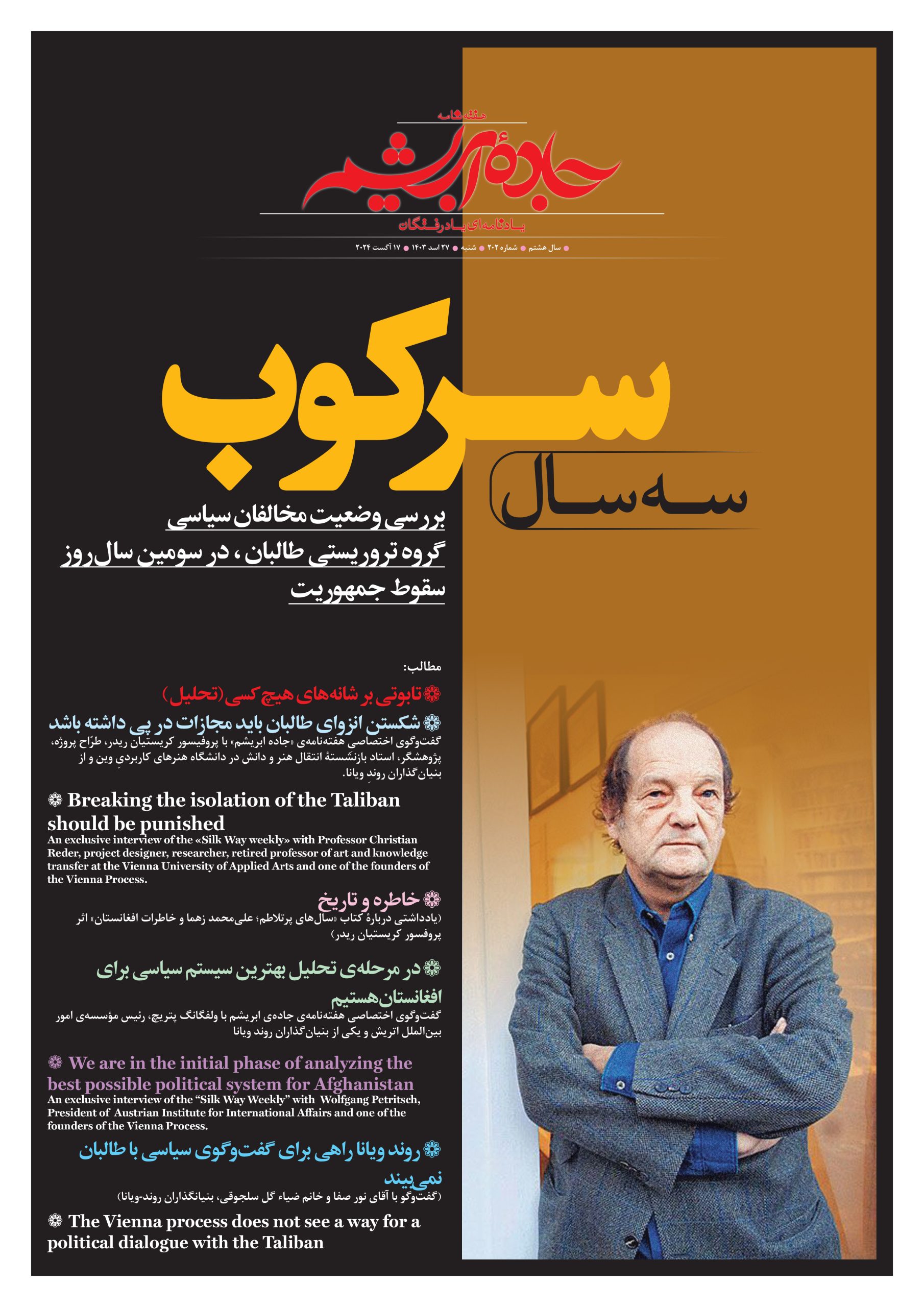 Silk Way Weekly: The first Vienna meeting was held on 17 Sept 2022 with the cooperation of the Austrian Institute of International Affairs, for three days with the participation of a number of political currents opposed to the Taliban. The final announcement of this meeting, along with expressing concern about the current situation in Afghanistan under the control of the Taliban, called dialogue the only desirable option to achieve peace and political stability in Afghanistan. In this declaration, the participants also wanted the United Nations to play an active role in Afghanistan. They also asked the human rights institutions to record and deal with the cases of human rights violations by the Taliban in Afghanistan.
Silk Way Weekly: The first Vienna meeting was held on 17 Sept 2022 with the cooperation of the Austrian Institute of International Affairs, for three days with the participation of a number of political currents opposed to the Taliban. The final announcement of this meeting, along with expressing concern about the current situation in Afghanistan under the control of the Taliban, called dialogue the only desirable option to achieve peace and political stability in Afghanistan. In this declaration, the participants also wanted the United Nations to play an active role in Afghanistan. They also asked the human rights institutions to record and deal with the cases of human rights violations by the Taliban in Afghanistan.
The announcement of the second Vienna meeting described the humanitarian situation in Afghanistan under the control of the Taliban as pitiable and declared support for the military struggle of the political currents and the struggle of women against the Taliban. This declaration warned the international community about the increase of terrorist groups and activities in Afghanistan and its expansion to make the region insecure and criticized the silence of the United Nations regarding the Taliban’s discriminatory policies against women and ethnic minorities in Afghanistan.
The second meeting of the Vienna Process was held on 24-26 April 2023 in Vienna, the capital of Austria. The announcement of this meeting called the closure of school and university gates to Afghan girls and the changes in the educational curriculum by the Taliban as an attempt to achieve extremist and terrorizing goals in Afghanistan. In this declaration, the countries of the region and the world were asked to refrain from recognizing the Taliban until the establishment of a government based on the free will of Afghan citizens.
After the second meeting, a working group of 16 experts was formed from the participants of the first and second meeting. This working group worked for 18 days on a road map to overcome the current crisis in Afghanistan.
The founders of the Vienna process say that women are also included in the composition of this working group.
The third round of the meeting of Afghan political figures in Vienna, the center of Austria, which was held on the December 4, 2023 ended on December 4 with the publication of a statement and a road map for a democratic and democratic Afghanistan.
The fourth meeting of Vienna, from the 24th to the 26th june 2024, was held in the city of Vienna, the capital of Austria for three days with the participation of representatives of more than 40 organizations and political, military, women’s groups and a number of influential figures of Afghanistan. The participants of this meeting have asked the United Nations to act responsibly in the third Doha meeting, considering its responsibilities based on international rules and the resolutions of the Security Council of this organization.
The political currents opposed to the Taliban in the Vienna meeting have published a statement and said: “The agenda of the third Doha meeting shows that the United Nations has deviated from its main mission in the third Doha meeting and has violated UN Security Council Resolution 2721.” The United Nations Security Council, in its resolution 2721, had given the responsibility to Antonio Guterres, the Secretary General of the United Nations, to appoint a special representative to solve the Afghan crisis, especially to start intra-Afghan talks.
The participants of the 4th Vienna meeting added: “Participation of the Taliban unilaterally and determining the agenda of the 3rd Doha meeting at their request, not only the 3rd Doha meeting, but also makes the entire Doha process illegitimate.”
The non-participation of the Taliban in the first and second Doha meetings has caused the United Nations to refuse to appoint a special representative for inter-Afghan talks and to invite the opposition movements of the Taliban, including women’s representatives, for the participation of the Taliban in the third Doha meeting.
The participants of the 4th Vienna meeting expressed concern about the crisis created by the Taliban regime, including the spread of extremism and terrorism, discrimination against women, gender apartheid, lack of rule of law, the arrest and killing of soldiers of the previous government, and the mass migration of Afghan citizens, and demanded the creation of executive mechanisms for the transition for establishing a legitimate and democratic government. The announcement of the fourth Vienna meeting states: “The participants, representing the people of Afghanistan, unanimously called for a global response to the current multi-layered crisis in Afghanistan.”
Also, the participants in the 4th Vienna meeting called the current security and political situation of Afghanistan fragile, deteriorating and unstable and proposed specific measures in the context of increasing the number of forces opposing the current situation. In a part of the declaration, the process of extracting Afghanistan’s mines in the absence of a legitimate system based on the people’s votes was called illegal, and the mining countries were asked to stop looting the natural resources of the people of Afghanistan.
In connection with the holding of the third Doha meeting in late June, the representatives of this meeting asked the United Nations not to seek normalization of relations with the Taliban under any circumstances, and the Taliban should not be treated as representatives of the Afghan people. In the announcement, it was added that according to the agenda presented in the third Doha meeting, the United Nations deviated from its main mission based on the resolution 2721 of the United Nations Security Council, and asked Antonio Guterres, the Secretary General of the United Nations, to return this mission to the legitimate path. And they became responsible for it.
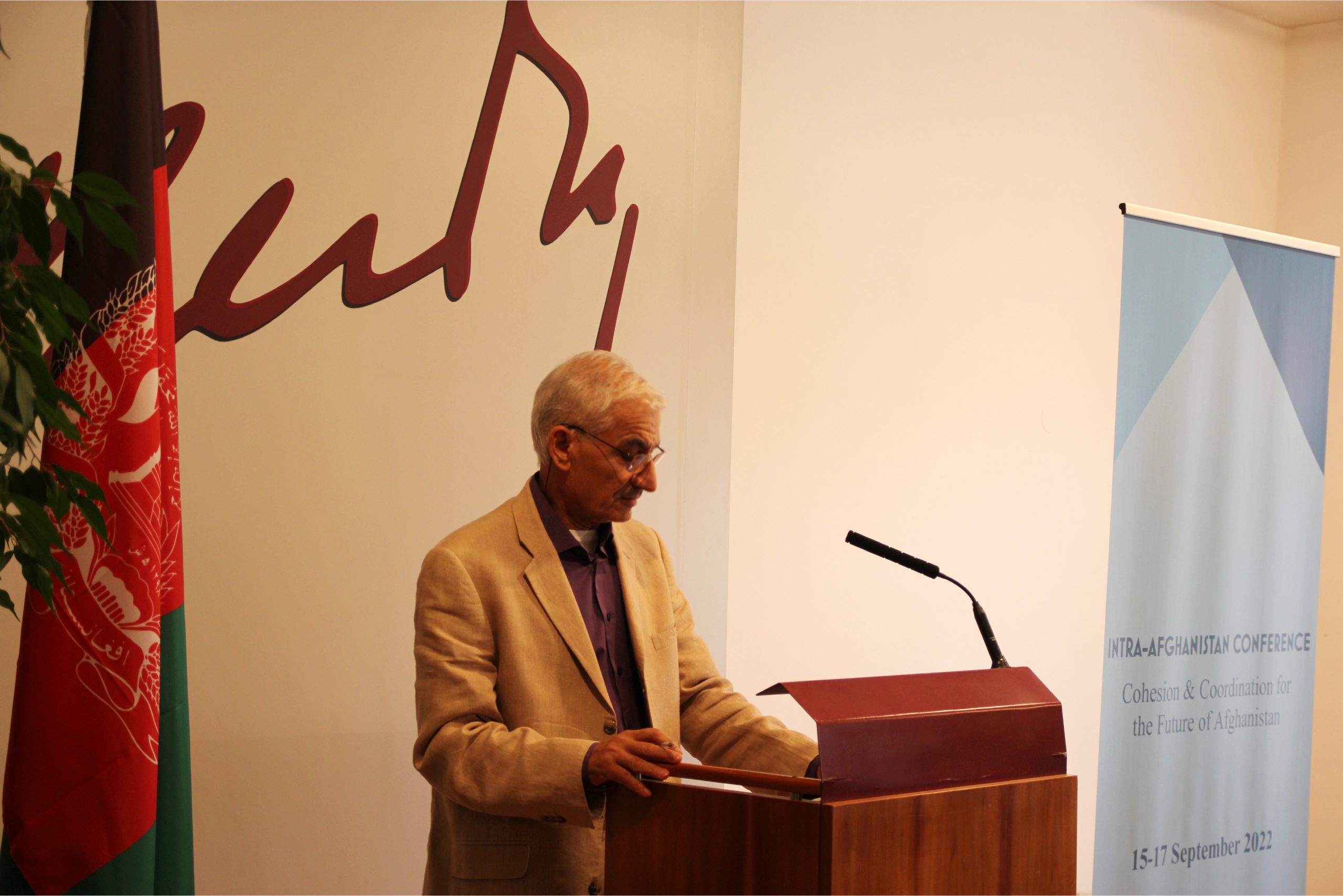 How was the Vienna process formed?
How was the Vienna process formed?
Nur Safa, one of the founders of the Vienna Process, in an interview with Silk Road, said: “After the fall of the Republic, a small group of Afghan friends gathered in Vienna. They wanted to create an intra-Afghan dialogue under the title of the Vienna process for a democratic Afghanistan with the cooperation of international political institutes of Austria and the Embassy of the Islamic Republic of Afghanistan in Vienna. According to him, the purpose of shaping this process was to present an alternative plan of Taliban rule for Afghanistan.
Mr. Safa says that after the fourth meeting, this process has been divided into different committees including human rights, economic and political, international and regional. He adds that the committees are led by Afghanistan’s political and scientific elites, where ethnic, religious and gender equality is ensured.
These committees are working on a plan for the future of Afghanistan, to be discussed at the fifth meeting in Vienna, Mr. Safa elaborated.
While the United Nations held three meetings in Doha about Afghanistan; But Mr. Safa says that the representatives of a number of Western countries, including the United States and the United Kingdom, also participated in the Vienna process.
Holding the meetings in Vienna also has its side effects, one of which is the reaction of the Taliban to these meetings. Zakir Jalali, the political head of the Ministry of Foreign Affairs of the Taliban, said that this meeting is doomed to failure after holding the fourth meeting of Wayayan. He called the participants of the Vienna meeting a “wandering crowd” and said: “Those who hope for foreign directions are doomed to failure.” Jalali added that the participants of the Vienna meeting lacked a clear plan and there are no buyers in the Afghan politics market.
Mr. Safa also says that the official officials of the Taliban group showed the Vienna action process meetings; But he adds that the rule of this group over Afghanistan is not legitimate and their comments have not received any response from the members of the Vienna meeting.
In the explorations of the Vienna process, which have been highlighted in four meetings so far and more than 40 political and military currents opposed to the Taliban have participated in it, but the Taliban group has not yet been invited to participate in these meetings. Mr. Safa says: “According to the principles and roadmap, the Vienna process will take place only with the participation of the Taliban’s opposition groups.”
Noor Safa says that the Taliban is an illegitimate, violent and incorrigible group, and the Vienna process does not see a way to have a political dialogue with it. “The Taliban do not have the legitimacy of the votes of the Afghan people. It has been imposed on these people with monoethnic traditions and medieval ideas. “The Vienna process does not see the light of the national discourse with this group.”
The Vienna process, while seeking a political solution to the Afghan crisis; But according to Noor Safa, he respects all civil struggles, especially the glorious resistance of men and women and all the legitimate resistance of Afghan citizens.
Mrs. Ziagol Saljuqi, one of the other founders of the Vienna Process and the person in charge of the human rights committee of this process, tells Silk Road that the presence of Afghan women in the Vienna Process was impressive and a representative of women’s protest movements was also invited to the fourth meeting. He adds: “At the Vienna conferences, women defenders of human rights, women’s rights and women’s protest movements always participated. The issue of gender apartheid was one of the important topics of the conferences. This shows that the Vienna process respects the role of women in political and social arenas.”
The detention, torture and kidnapping of Afghan women protesters by the Taliban are other cases that the Vienna process has begun to document. Ms. Seljuqi says: “Documentation and research on the crimes of the Taliban against women is part of the bill of duties of the Human Rights Working Committee, which has started working on it.”
Extra-legal killings, land seizure and forced migration of non-Pashtun ethnic groups in Afghanistan by the Taliban apartheid regime and crimes against humanity by this group are other serious issues of the Vienna process. According to Ms. Saljuqi, the Vienna process is followed by international legal and judicial institutions, especially the International Criminal Court.
Referring to the position of Afghanistan’s ethnic groups in the Vienna process, Mrs. Saljuqi says: “One of the features of the Vienna process is respect for Afghanistan’s ethnic diversity.” As in the fourth conference, Tajik, Pashtun, Hazara, Uzbek, Turkmen, Baloch, Peshayi and Sikh representatives had an active participation.
Note: Download the English version PDF here.


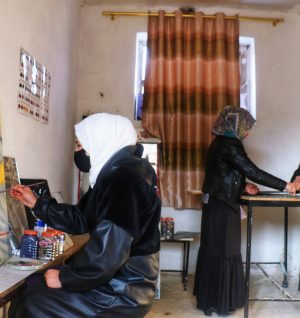
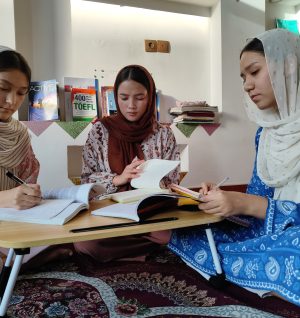
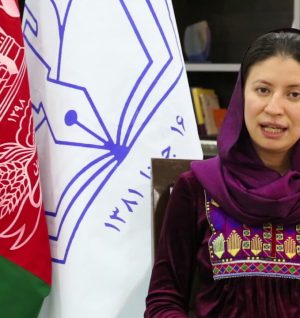

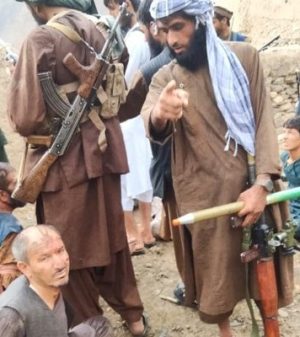
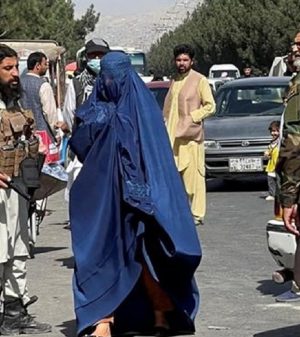
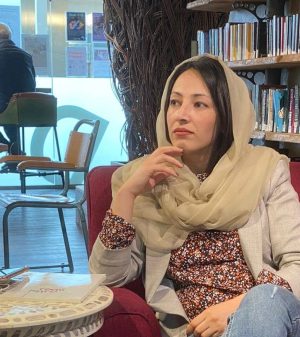
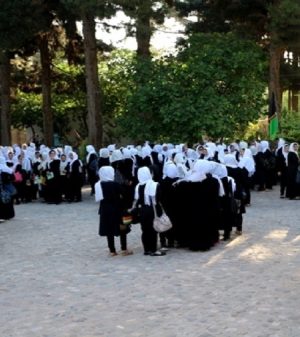
Add Comment